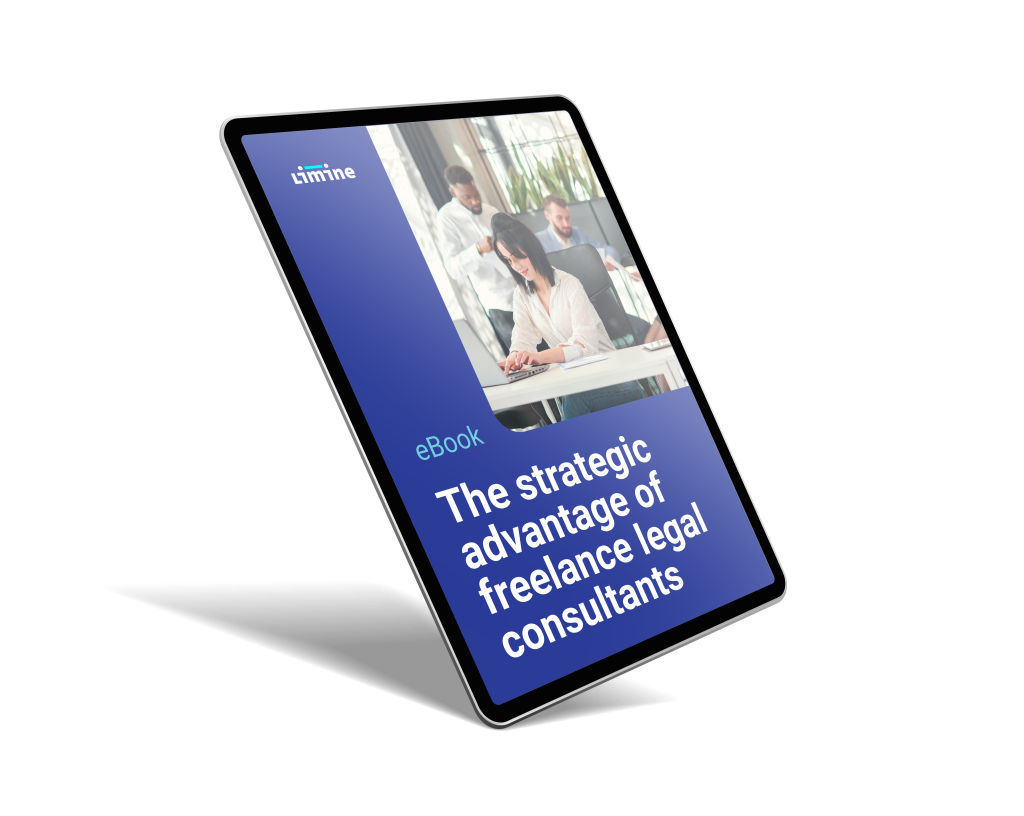How to assess cultural fit when hiring freelance legal experts
Hiring legal freelancers provides corporations with tremendous flexibility and access to specialist knowledge without making the commitment of a long-term hire. Nevertheless, despite the temporary nature of the freelance collaboration, the fitting of such professionals within the corporate culture remains very important.
In fact, a freelance lawyer who feels at home in the organization and can work without issue with the existing teams will be quicker to contribute productively and constructively. We share insight and provide practical tips in this article on how a company can conduct an assessment of the cultural fit while hiring freelance lawyers and legal experts.
1. Make the company culture clear from the start
When hiring legal freelancers, it is important to be clear about the company culture right from the start. Tell what values, norms and ways of working are central to the company.
- Is there a formal working atmosphere, or rather an informal and open approach?
- How are the lines of communication, and what are the expectations around flexibility and independence?
By being clear about this from the first contact, the freelancer can judge for himself whether he or she feels comfortable in this environment.
2. Use a behavioural intake interview to assess soft skills
Freelancers often need to move quickly and adapt to new environments. A good way to assess whether a freelancer fits within the culture is to use a behavioural interview. This involves asking questions that provide insight into the freelancer’s working style, communication and cooperation.
Look for answers that indicate whether the candidate has experience with similar company cultures and how they handle challenging situations.
3. Be open about collaboration expectations and flexibility
Legal freelancers often work on multiple projects or at different companies at the same time. It is therefore important to be transparent about collaboration expectations, deadlines, and the level of flexibility expected.
For example, companies with a flexible culture expect freelancers to be able to manage themselves well, while formal environments tend to have more structured processes and control. If the freelancer is used to independence and flexibility, and so is your company, the collaboration is likely to go smoothly.
4. Introduce the freelance legal expert to the team
If the collaboration is long-term or if the project requires collaboration with several team members, it is a good idea to briefly introduce the freelancer to the team beforehand. This does not have to be a formal interview – an informal introduction often provides enough information to see if there is a click.
At the same time, it gives the freelancer a better idea of the team dynamics and allows him or her to judge for themselves whether the work culture suits them.
5. Use feedback and evaluation moments
With freelancers, it is often the case that there are no fixed evaluation moments. Nevertheless, it can be useful to build in feedback moments during the project. This can easily be filled in, for example, by a weekly check-in.
In this way, you can spot any problems early on and discover whether the freelancer can adapt well to the company culture. These evaluations also give you insight into how the freelancer handles feedback and adjustments.
Conclusion
Company culture affects how quickly a freelancer adapts and how well he or she performs within your organisation. By being clear from the start about the culture, collaboration expectations and by asking behavioural questions, you can better assess whether a freelancer is a cultural match. That way, you increase the chances of a smooth, productive collaboration that not only matches the goals of the project, but also your organisation’s core values.
Need a candidate that is a culture and skill set match? Then use Limine to find the perfect freelance legal expert for your business. Make a free account and get matched within seconds.
Found this helpful? Let others know!
Stay ahead with Limine
Be the first to access exclusive insights, industry updates, and handpicked legal talent straight to your inbox. Whether you’re looking to hire top-tier professionals or stay informed about the latest trends in legal recruitment, our newsletter is your go-to resource.
Subscribe now and let Limine keep you informed, inspired, and ahead of the curve.
